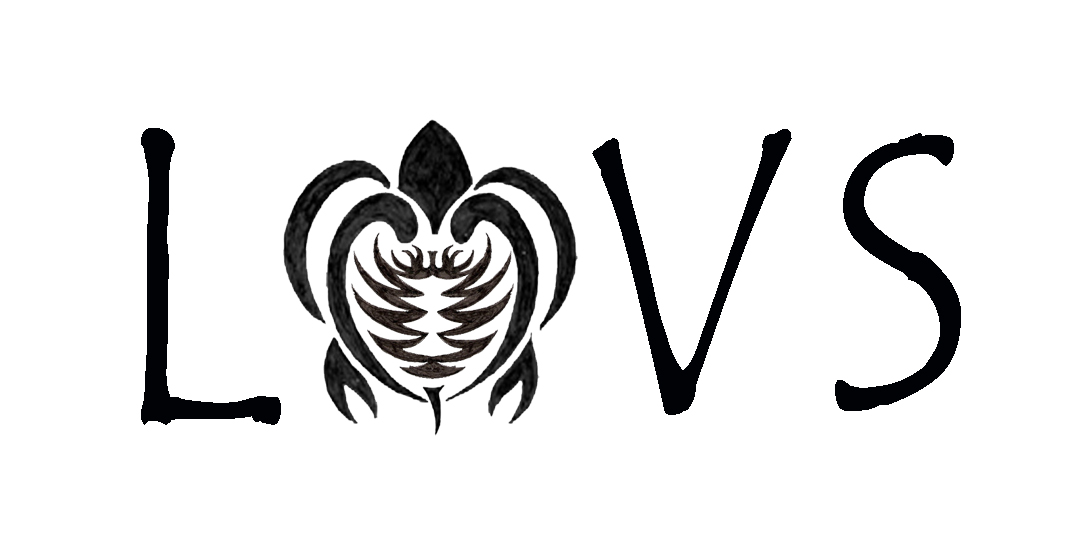A guardianship and conservatorship removes the fundamental right of the protected person to make his or her own decisions. Because of this profound loss of freedom and dignity, state laws requires that guardianship and conservatorship be imposed only when less restrictive alternatives will be ineffective. Some incapacitated individuals can make responsible decisions in some areas of their lives but not others. Therefore, the law provides a preference for a limited guardianship and conservatorship. A limited guardian or conservator has only those powers listed in the court order.
Proper advanced planning can often prevent the need for a guardianship and conservatorship. Through the use of trusts, advance healthcare directions, powers of attorney and representative payees, a guardianship and conservatorship can be avoided. However, those things must be put in place before a person loses their mental capacity.
Contact us for help.
